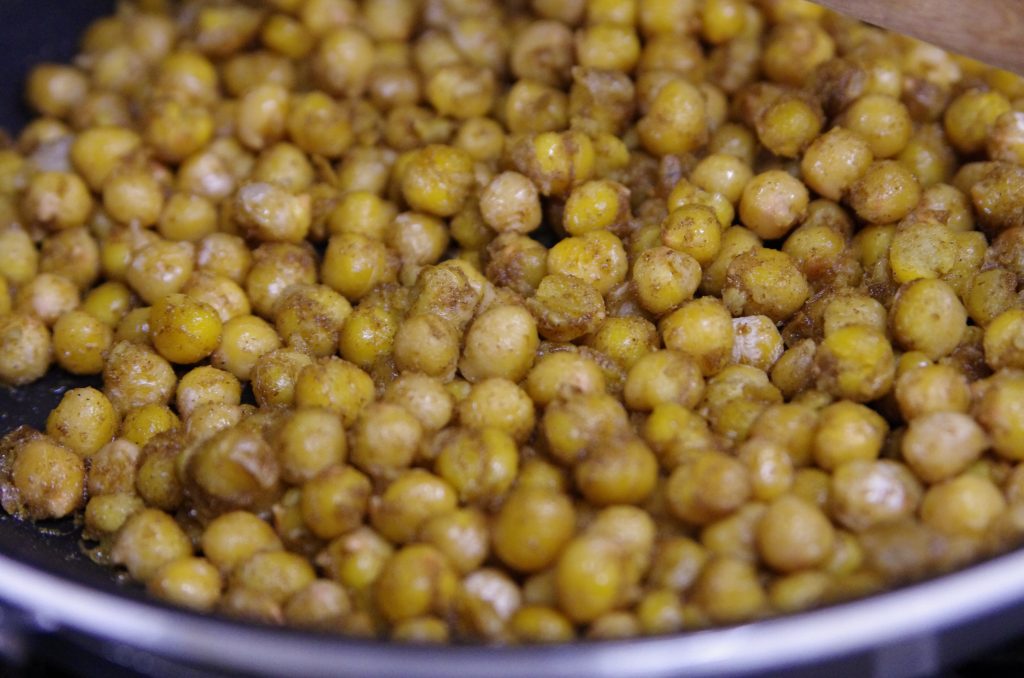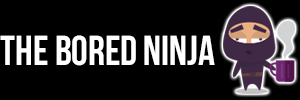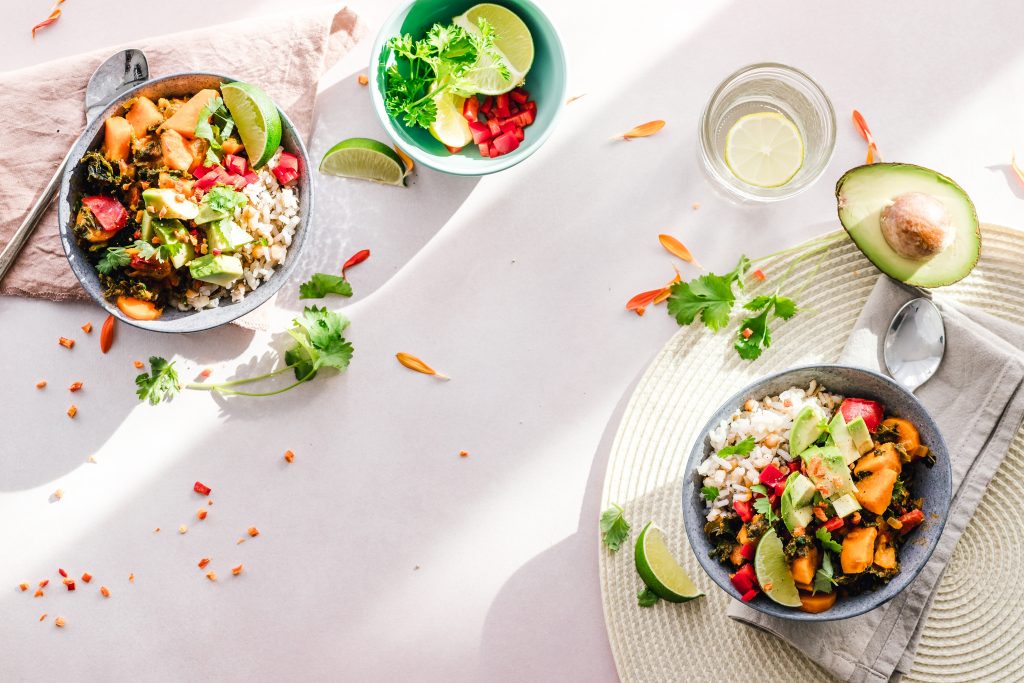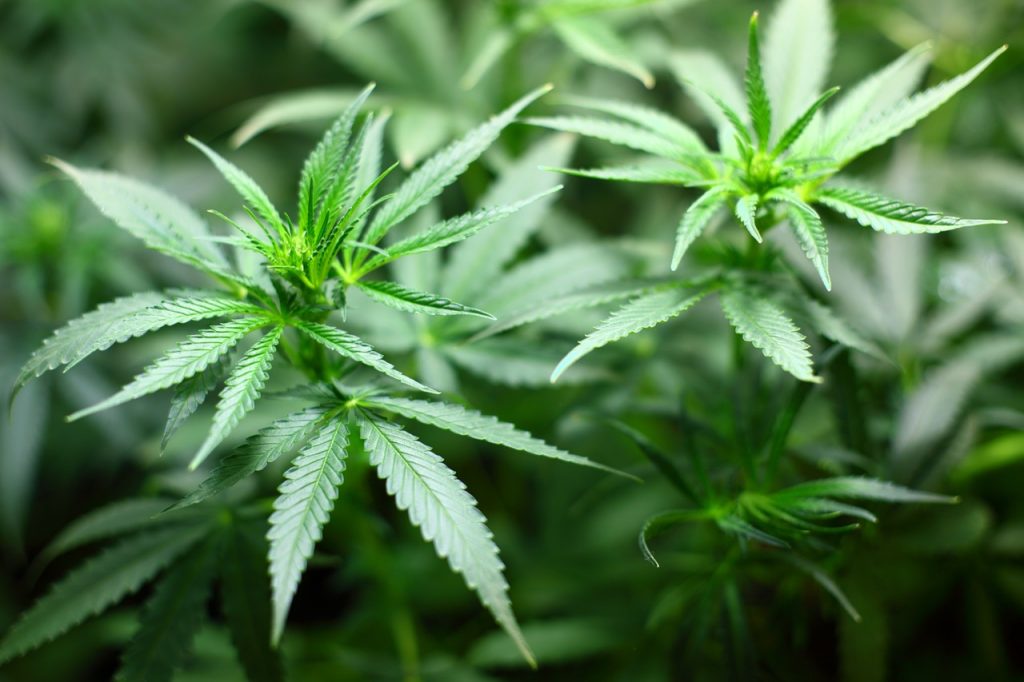Whether you’ve been practicing veganism for years or just started on this diet, it is important to look closely into your meal plans. As with any kind of diet that involves the omission of food items, lack of nutrients is a common concern.
In particular, the deficiency of proteins and vitamins is very common among vegans. Make sure you look closely at what you eat and how you replace those you steer clear from to ensure that you get the nutrients your body needs.
How to Get Enough Protein

Chickpeas are a good source of protein for vegans. (Image Source: Pexels)
Protein deficiency is one of the biggest causes of concern among vegans. When you don’t eat meat, there is a presumption that you are not getting adequate amounts of protein in your diet. Protein is essential to the body because it optimizes your immune system, as well as keep your organ functions going.
Thankfully, protein deficiency is no longer a big danger because there are now many alternative sources for vegans. One example is to incorporate vegan protein powders that you can make into shakes or smoothies at home. If you would like to learn more about that, go to this page.
Since you cannot consume meat and dairy, you can look at legumes as an alternative source of protein. Soybean, in particular, is rich in amino acids. You can also incorporate soy-based products into a clean diet, including tofu and soy milk. If that’s not enough, you can add nuts too, such as almonds, walnuts, and pecans. For other protein-rich food sources, look into tempeh, lentils, chickpeas, pinto beans, kidney beans, black beans, quinoa, mushrooms, artichokes, and more.
How to Supplement Vitamin Levels
When it comes to vitamins for vegans, there is a risk of not getting adequate amounts of it in your daily diet. You can also find a variety of vitamin supplements in the market, specifically for vitamin B12, which is highly needed by the body no matter which diet is followed.
Vitamin B12 is not found in most vegetables and is, therefore, hard to replace if you switch to a plant-based diet. Without enough vitamin B12, you could suffer from anemia, exhaustion, memory loss, and disorientation.
To ensure that you obtain the vitamin B12 you need, look for cereals and soy milk that contain traces of it. Just make sure to check the labels to ensure that this vitamin is not coming from animal sources.
Another key type of vitamin that you must pay attention to is vitamin D as it is vital for maintaining bone health. Vitamin D is produced by the body once you get sunlight exposure. You can also find this nutrient in products like cereals, soy milk, and rice milk. Here are a few more food items you need to incorporate into your meal plans to get vitamin D: breakfast cereals, nutritional yeast, meat substitutes, and grains.
Switching to a vegan diet does not mean you have to live with nutritional deficiencies. With proper planning and keeping your meals balanced, you can get all the essential nutrients your body needs to function. You can also incorporate these superfoods into your daily diet to get a nutrient boost.



